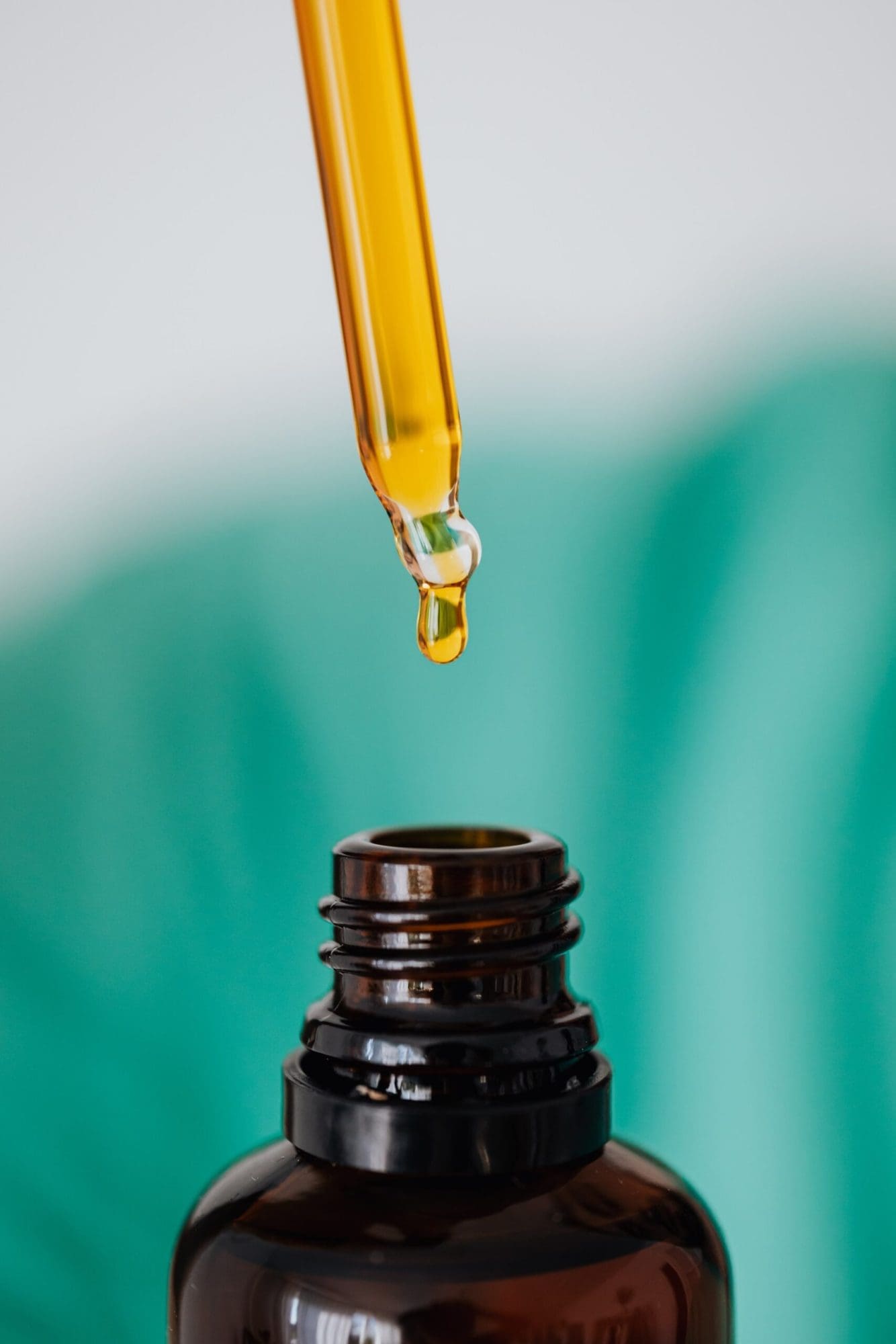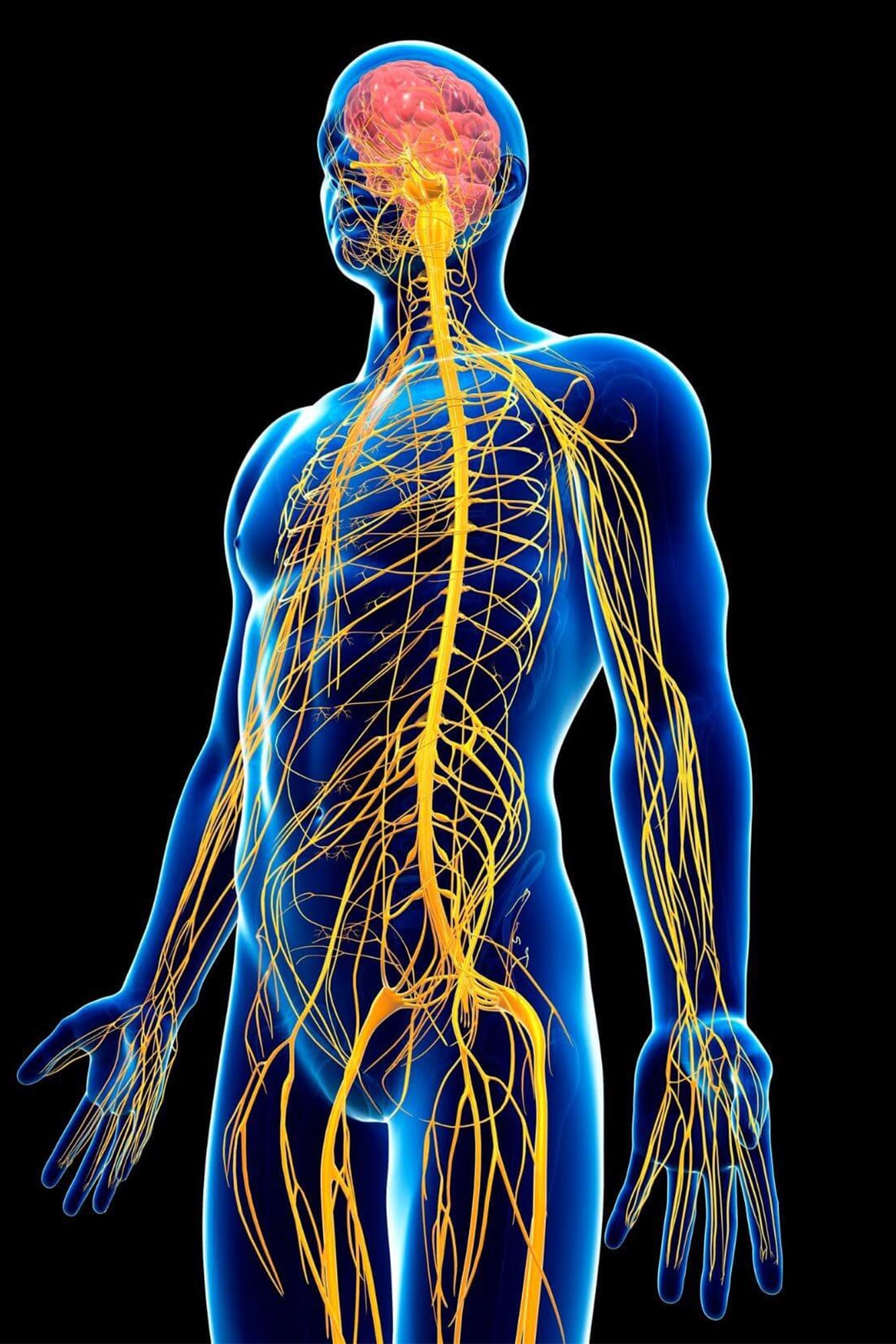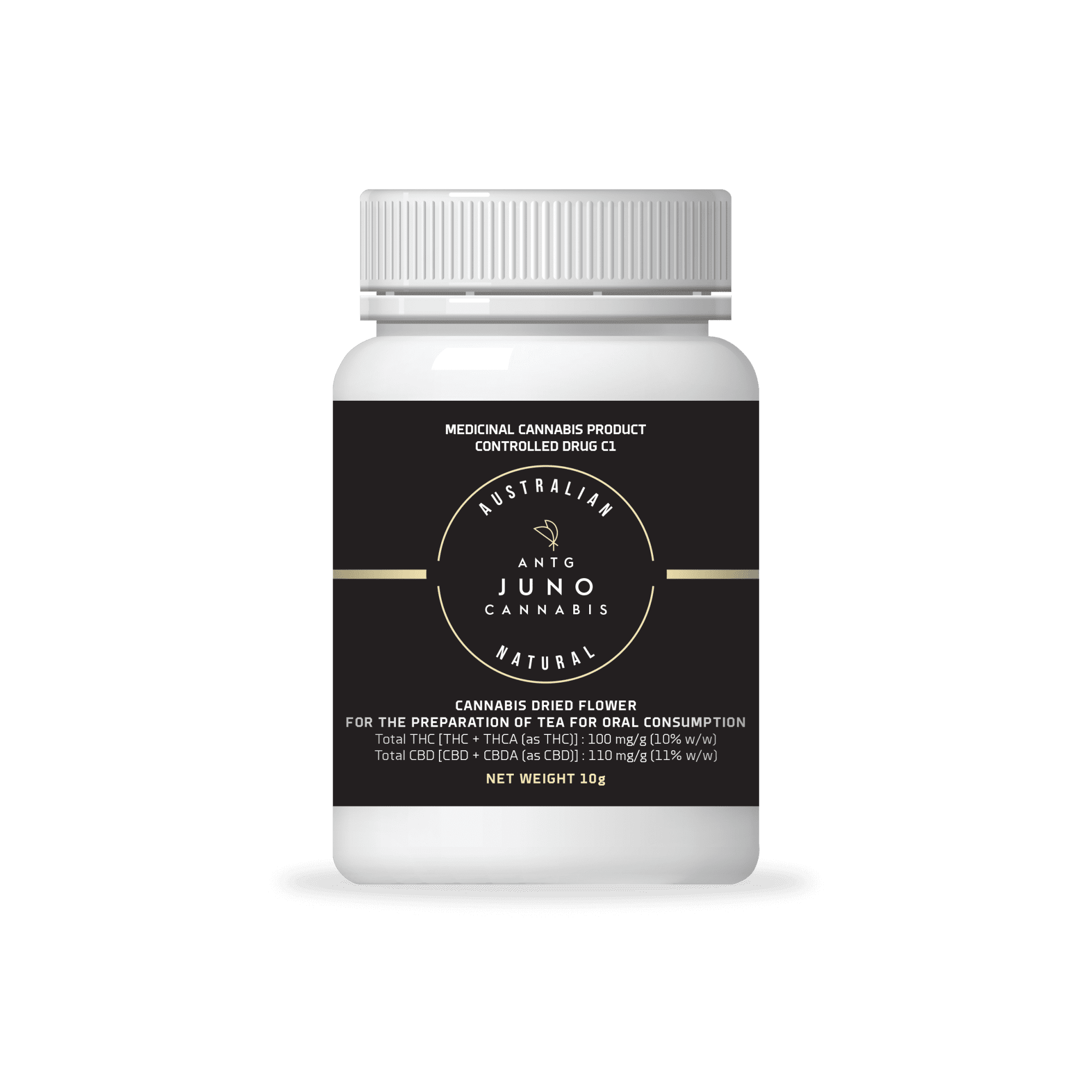A New Spectrum of Relief: Unlocking CBN, CBG, and Terpenes
At CannaPlus+, we are always pushing the boundaries to bring the latest in cannabinoid therapies to our patients. Two cannabinoids, Cannabinol (CBN) and Cannabigerol (CBG), are gaining attention for their unique properties, and we are excited to offer formulations that focus on these compounds. Coupled with the benefits of high-dose CBD and terpenes, products that contain these constituents, could provide a powerful addition to your health regimen. Let’s dive deeper into these cannabinoids and their potential uses.
CBN & CBG: The Future of Cannabinoid Therapy CBN (Cannabinol):
CBN is emerging as a natural solution for patients struggling with sleep or muscle tension. Although derived from the breakdown of THC, CBN is not psychoactive in typical doses. Instead, it is recognised for its calming, sedative properties. Research suggests that CBN may serve as a natural alternative to traditional sleep aids, promoting restful sleep while also relieving muscle spasms and chronic pain.
CBG (Cannabigerol):
Often referred to as the “mother of cannabinoids,” CBG is the precursor to many other cannabinoids, including THC and CBD. CBG may help with neuroprotection, inflammation, and anxiety, and it has shown promise in enhancing focus and energy during the day. It is becoming increasingly popular for those seeking relief from daytime symptoms without the sedative effects of other cannabinoids.
If you’re curious about how CBN or CBG might benefit you, we encourage you to speak with your CannaPlus doctor to explore these options.
High-Dose CBD: A Reliable Ally for Symptom Management
CBD continues to be a cornerstone of cannabinoid therapy, and high-dose formulations can be particularly useful for patients dealing with chronic pain, inflammation, and anxiety. At higher doses, CBD has been shown to have more pronounced effects, offering greater relief for those with severe or persistent symptoms. This can be especially valuable for conditions like epilepsy or neuropathic pain, where consistency and potency are key to effective treatment.
Discuss with your CannaPlus+ doctor how high-dose CBD formulations may be integrated into your treatment plan.
Terpene Treasure Troves – Discovering High-Terpene Formulations
Not all CBD products available on prescription contain the same level of terpenes. In fact, some products have none, which we term “CBD isolates”, while others contain moderate amounts and are generally called “full spectrum”. However, there are certain formulations with exceptionally high concentrations of terpenes that may offer enhanced therapeutic effects when combined with CBD.
Key Terpenes and Their Benefits:
- Myrcene: Known for its sedative and muscle-relaxant properties, myrcene is thought to enhance the permeability of cell membranes, potentially allowing CBD to be absorbed more efficiently. Some studies suggest myrcene may help reduce inflammation and chronic pain.
- Limonene: This citrusy compound has shown promise as a mood booster and anxiolytic. Some research suggests that limonene may also have antidepressant effects, working by modulating serotonin.
- Linalool: Widely used for its calming properties, linalool is often found in lavender and has been studied for its anti-anxiety and sedative effects, potentially helping with sleep disorders.
- Beta-Caryophyllene: This terpene uniquely interacts with your Endocannabinoid System, particularly the CB2 receptors, to provide antianxiety, anti-inflammatory and pain-relieving effects.
- Pinene: Often associated with improved focus and alertness, pinene may also offer bronchodilatory and anti-inflammatory benefits, making it a potential aid for patients with respiratory conditions.
If you are interested in exploring CBD products with higher terpene concentrations than CBD isolates, then consult with your CannaPlus+ doctor to find out if these options might fit your treatment plan.
What is Section 25?
In New Zealand, certain unverified medicinal cannabis products can be prescribed under Section 25 of the Medicines Act (1981), which allows doctors to prescribe unapproved medicines when no approved alternatives exist. This pathway allows patients to access cutting-edge cannabinoid formulations, such as those featuring high-dose CBD, CBN, CBG, or high terpene concentrations.
To learn more about how medications under Section 25 might fit into your treatment plan, consult your CannaPlus+ doctor. They will help you navigate the prescription process and ensure these medications are suitable for your condition.
Consult your doctor to explore these options
The therapeutic possibilities of cannabinoids and terpenes continue to grow. Whether you’re interested in high-dose CBD, minor cannabinoids like CBN or CBG, or exploring the benefits of high-terpene formulations, the CannaPlus+ team is here to guide you. Book a consultation with your doctor today to discuss which product might best suit your needs.
References
- Russo, E.B. (2011), Taming THC: potential cannabis synergy and phytocannabinoid-terpenoid entourage effects.
British Journal of Pharmacology, 163: 1344-1364. https://doi.org/10.1111/ 1476-5381.2011.01238.x - Teruhisa Komori, Ryoichi Fujiwara and Masahiro Tanida et al. Effects of Citrus Fragrance on Immune Function and Depressive States.
Neuroimmunomodulation. 1995. Vol. 2(3):174-180. DOI: 10.1159/000096889
- Batista PA, Werner MF, Oliveira EC, Burgos L, Pereira P, Brum LF, Story GM, Santos AR. The antinociceptive effect of (-)-linalool in models of chronic inflammatory and neuropathic hypersensitivity in mice. J Pain. 2010 Nov;11(11):1222-9. doi: 10.1016/j.jpain.2010.02.022. Epub 2010 May 8. PMID: 20452289.
- Gertsch, J., Leonti, M., Raduner, S., Racz, I., Chen, J. Z., Xie, X. Q., Altmann, K. H., Karsak, M., & Zimmer, A. (2008). Beta-caryophyllene is a dietary cannabinoid. Proceedings of the National Academy of Sciences, 105(26), 9099-9104. https://doi.org/10.1073/pnas.0803601105
- Salehi B, Upadhyay S, Erdogan Orhan I, Kumar Jugran A, L D Jayaweera S, A Dias D, Sharopov F, Taheri Y, Martins N, Baghalpour N, Cho WC, Sharifi-Rad J. Therapeutic Potential of α- and β-Pinene: A Miracle Gift of Nature. Biomolecules. 2019 Nov 14;9(11):738. doi: 10.3390/ biom9110738. PMID: 31739596; PMCID: PMC6920849.
- Borrelli F, Fasolino I, Romano B, Capasso R, Maiello F, Coppola D, Orlando P, Battista G, Pagano E, Di Marzo V, Izzo AA. Beneficial effect of the non-psychotropic plant cannabinoid cannabigerol on experimental inflammatory bowel disease. Biochem Pharmacol. 2013 May 1;85(9):1306-16. doi: 10.1016/j.bcp.2013.01.017. Epub 2013 Feb 12. PMID: 23415610.
- Cascio, Maria Grazia, and Roger G. Pertwee, ‘Known Pharmacological Actions of Nine Nonpsychotropic Phytocannabinoids’, in Roger Pertwee (ed.), Handbook of Cannabis (Oxford, 2014; online edn, Oxford Academic, 22 Jan. 2015), https://doi.org/10.1093/acprof:oso/9780199662685.003.0007








